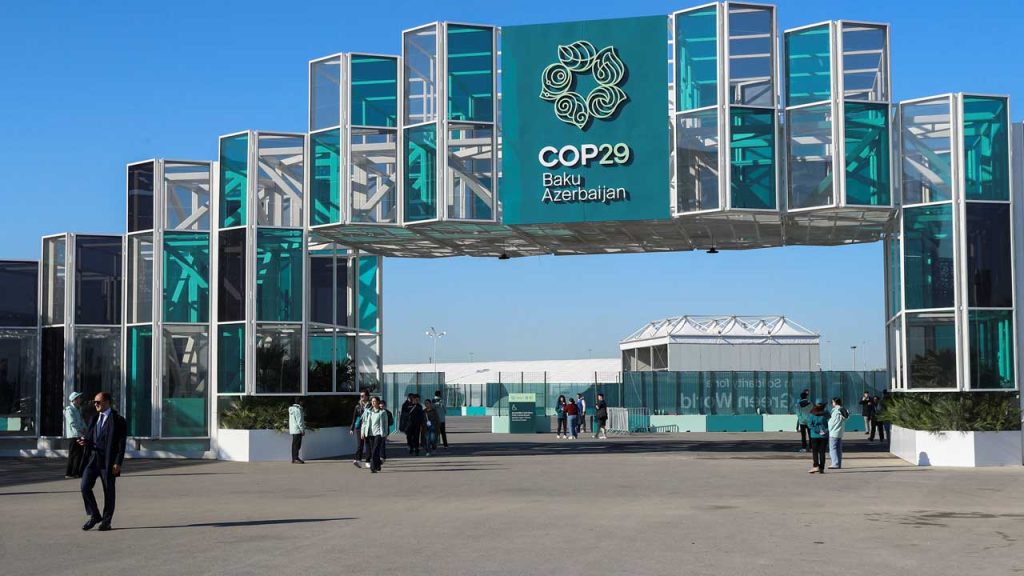Countries participating in the 29th Climate Change Conference of Parties (COP29) have agreed on a new global framework for carbon markets to reward countries for reducing emissions.
In a statement made in Azerbaijan on Tuesday, Simon Stiell, the executive secretary of the United Nations Framework Convention on Climate Change (UNFCCC), noted that implementing carbon markets will expedite climate initiatives.
Stiell, who regarded the decision as “important,” highlighted the necessity of directing climate investments to the areas that need them most. He warned that a worsening climate situation will lead to a cost-of-living crisis, exacerbating inflation unless all nations take more ambitious climate measures.
“Unless each nation drastically reduces its emissions, every country and household will face even greater difficulties… living through a continual inflationary struggle. This is not a distant concern,” Stiell stated.
“Regarding Article 6, last night, parties agreed on robust standards for a centralized carbon market under the UN. There is still more to accomplish, but this marks a positive beginning. This is the result of over 10 years of efforts within the framework.
“We must guarantee that developing nations gain from new financial resources. There is still work to be done regarding Article 6, and the process allows all voices to continue being considered.
“And there is a tremendous amount of work ahead at the COP to ensure its success.” He remarked.
Carbon markets are pricing mechanisms that enable governments and non-state entities to trade greenhouse gas emission allowances.
Following the Paris Agreement 2015, the United Nations has been working on regulations permitting countries and businesses to buy credits within a credible and transparent market.
The new framework adopted in Azerbaijan will establish rules, including the criteria for determining how many credits a project can earn.
Once implemented, a carbon market would enable countries from the global north and historical polluters to offset emissions by acquiring credits from nations that have outperformed their greenhouse gas reduction commitments.
While many developing nations have expressed opposition to the global carbon market, experts believe it could help reduce emissions.

